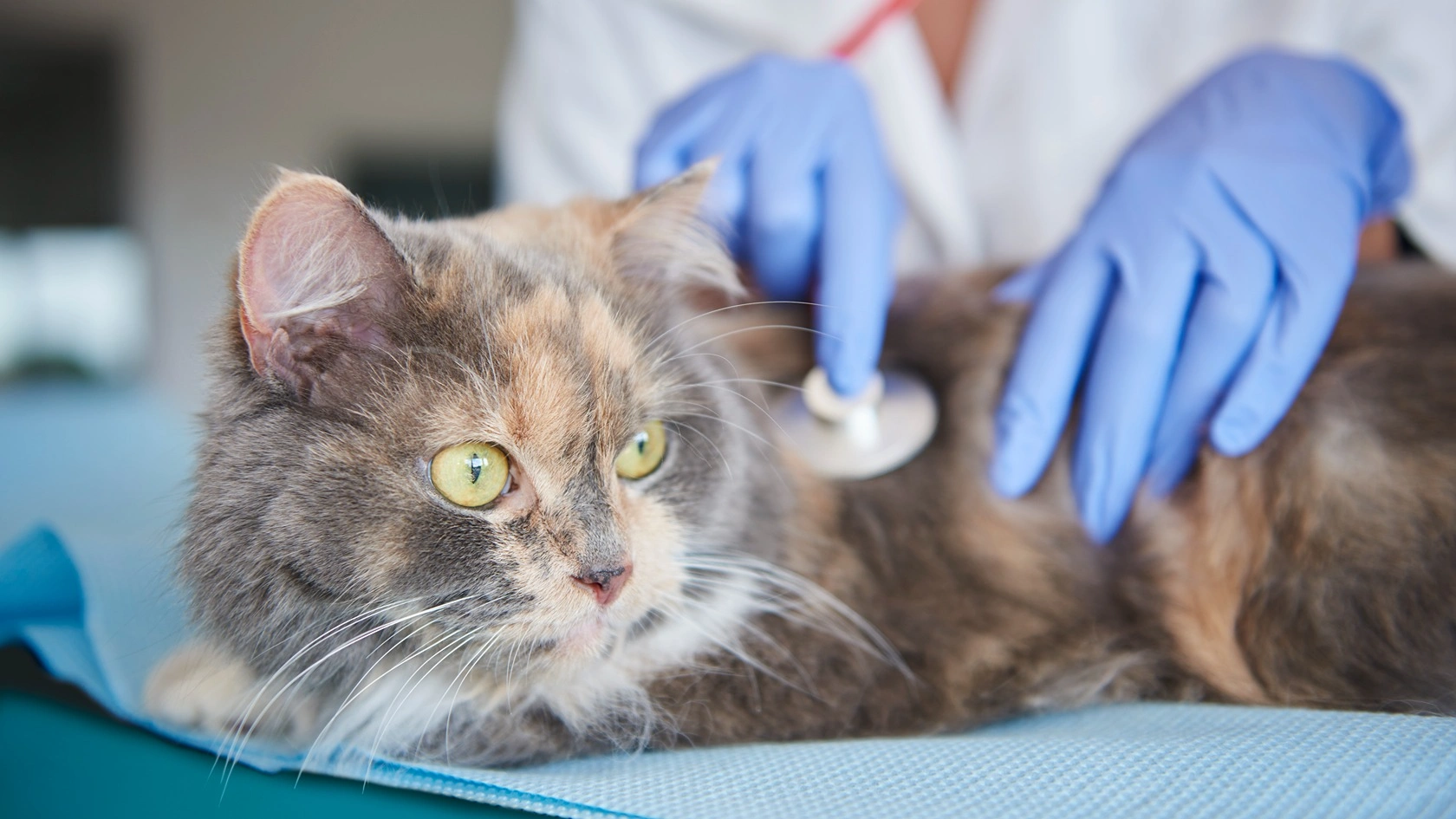TL;DR — Cat Vaccination Guide: Essential Vaccines and Schedules for Cats
- Vaccinations protect cats from serious viral and contagious illnesses throughout their life.
- Kittens, adult cats, and seniors all benefit from a proper vaccine schedule with timely boosters.
- Core vaccines are recommended for all cats, while additional vaccines may be advised depending on lifestyle and exposure risk.
- Following the right vaccination schedule helps prevent illness and keep your cat healthy and safe.
- Routine veterinary visits ensure vaccines are given at the correct time and adjusted for your cat’s individual needs.
- Along with proper nutrition and a safe environment, vaccines are a key part of maintaining your cat’s overall health.
Make sure your cat is fully protected—get in touch with our team today to set up a personalized vaccination plan.
Have you ever thought about how vaccines keep your cat safe? Cats can be at risk of illnesses like rabies, feline leukemia virus (FeLV), and panleukopenia, regardless of whether they stay indoors or explore the outdoors. Vaccinating your cat is a simple approach that gives them strong protection against these serious diseases.
Kittens usually start their shots at around 8 weeks of age, while adult cats follow a regular vaccine schedule with boosters. Core vaccines, like the rabies vaccine and the FVRCP combo, cover the most common and dangerous infections. Depending on the health and lifestyle of your cat, your veterinarian might also suggest non-core vaccines, such as the leukemia vaccine.
Every cat is different, which is why a proper vaccine plan matters so much. With the right schedule, you can help your cat avoid painful illnesses and stay healthy at every stage of life. In this guide, you’ll learn which vaccines your cat needs, when to give them, and how they protect your cat for years to come.
Why Cats Need Vaccines and How Vaccines Work
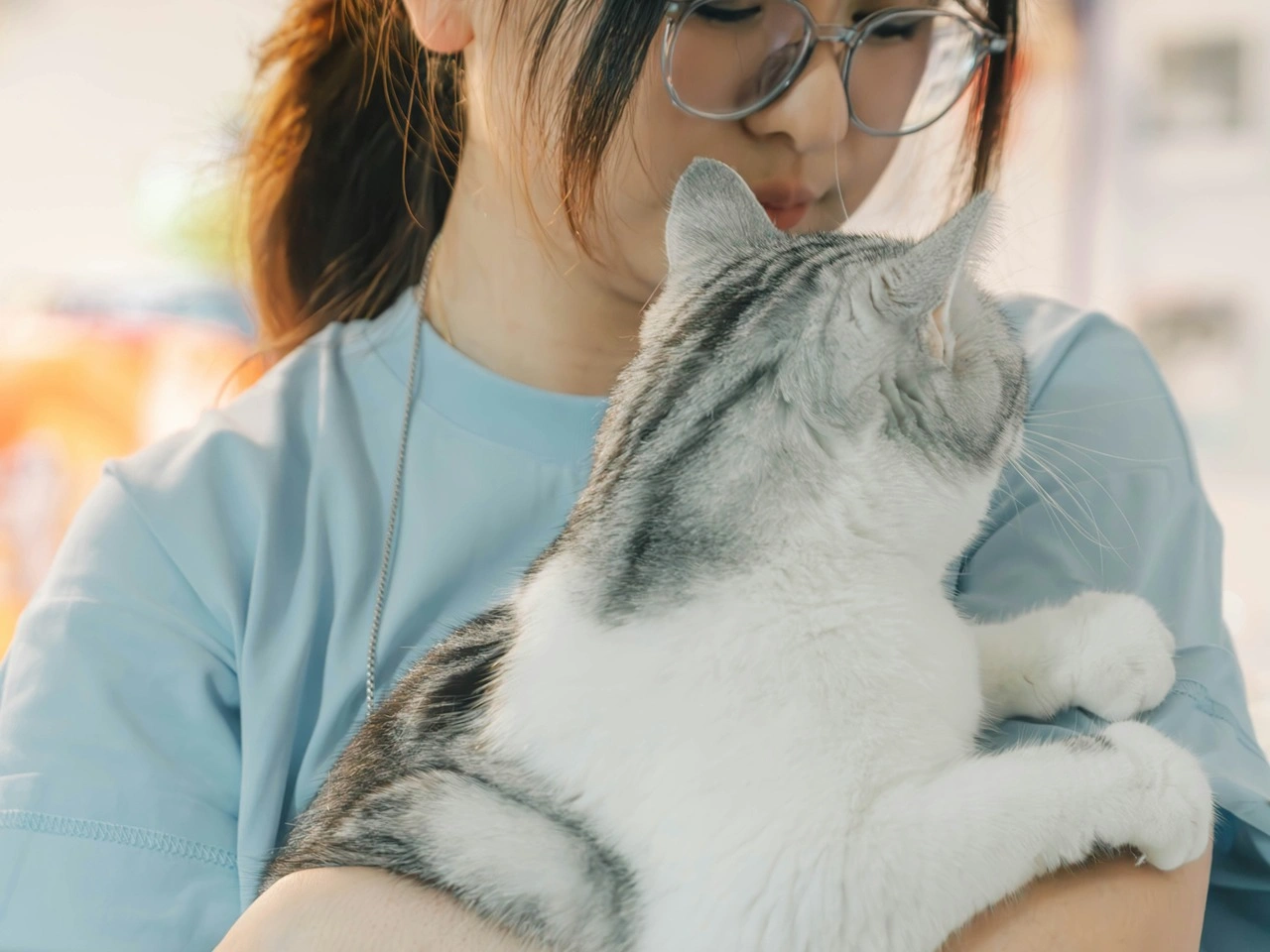
A vaccine for cats is one of the simplest ways to protect your pet from preventable illness. Vaccination helps their immune system recognize and fight viral diseases before they cause harm. With the right veterinary care, you can be sure your cat gets the protection they need at every stage of life.
Preventing Serious Illness
Feline vaccines are designed to protect against dangerous illnesses that can spread quickly from an infected cat or even an infected animal. Without vaccination, cats may face severe complications from common but preventable diseases.
- The FVRCP vaccine, considered a core vaccine, protects against feline viral rhinotracheitis, feline calicivirus, and feline panleukopenia (also known as feline distemper).
- Vaccination lowers the risk of upper respiratory infections in cats, including those caused by feline herpesvirus.
- Keeping up with feline vaccination helps reduce the chance of painful and potentially life-threatening infections.
Protecting Cats of All Ages
Every cat, whether a playful kitten, an active adult cat, or a senior companion, benefits from staying on track with vaccination. Even healthy cats are vulnerable if they miss their required vaccines.
- Kittens usually begin a series of vaccines around 8 weeks or 2 months of age to build strong immunity.
- Adult cats receive booster vaccines to maintain protection as they grow.
- Senior cats may need additional vaccines depending on their overall health and lifestyle.
Safeguarding Pets and People
Cat vaccinations don’t just protect the individual cat—they also help prevent the spread of illness to other pets and even people. Some diseases, like rabies in cats, are especially dangerous if left unchecked.
- Rabies vaccination is required for all cats in many areas, regardless of whether they live indoors or outdoors.
- Vaccinations help keep viral infections from passing between pets living in the same household.
- By keeping your cat protected, you’re also helping keep your family and community safe.
Essential Cat Vaccines: Core and Non-Core Vaccines for Kittens and Adult Cats
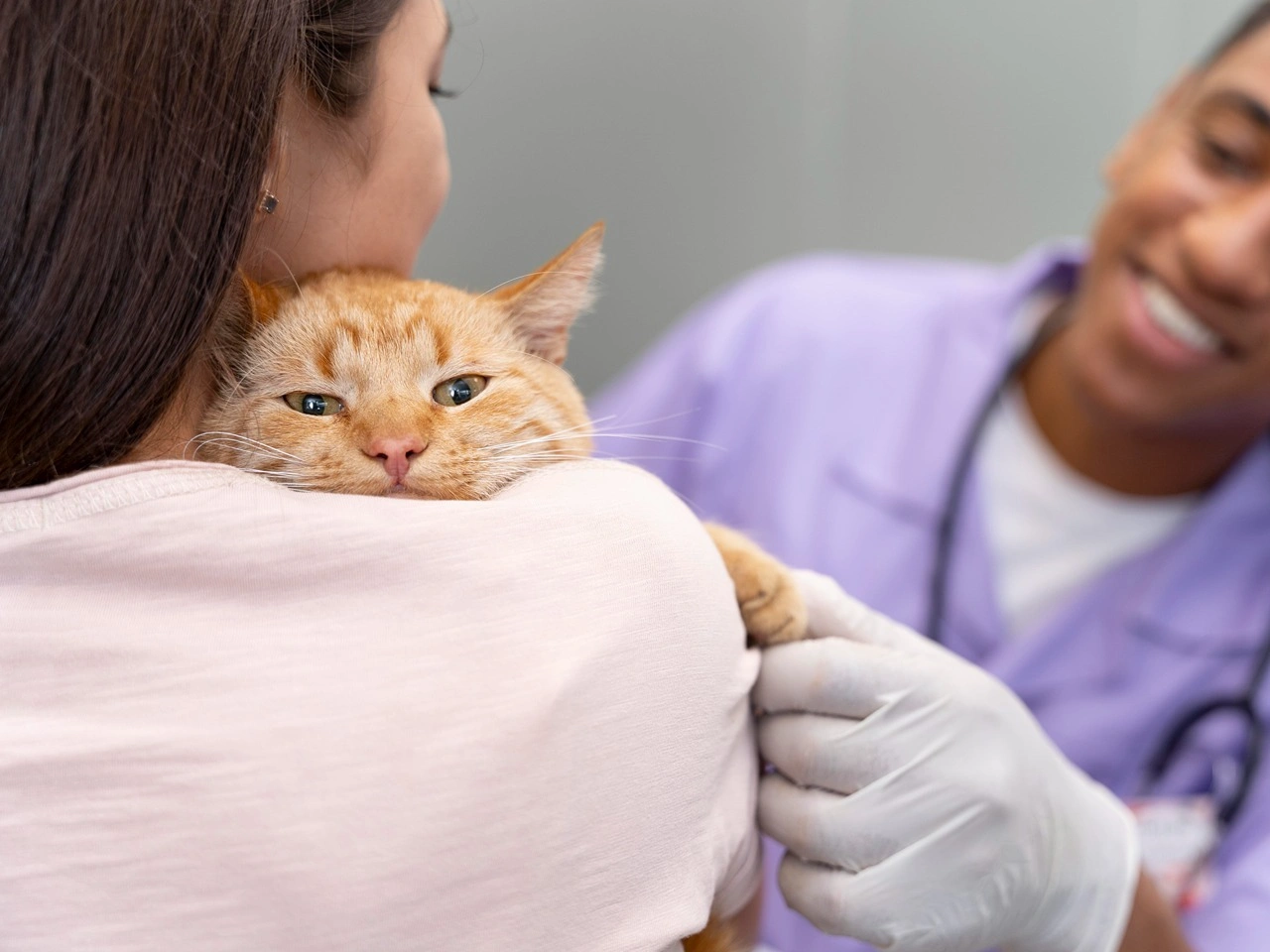
Vaccines are recommended for all cats to help them stay healthy and avoid serious illnesses. Core feline vaccines are generally required for every dog or cat, while non-core vaccines may be advised depending on your individual cat’s lifestyle, age, and risk factors.
Core Feline Vaccines Every Cat Needs
Core vaccines are recommended for all cats, whether they are young cats, adult cats, or seniors. These vaccines protect against viral infections that cause serious feline illnesses and can easily spread from an infected cat.
1. Rabies Vaccine
The rabies vaccine is recommended for all cats and is often required by law. Rabies causes a fatal viral illness in cats and can spread to humans, making this vaccine essential for your pet cat.
2. FVRCP Combination Vaccine
The FVRCP vaccine is a core feline combination vaccine that protects against multiple viral diseases:
- Feline rhinotracheitis (feline herpesvirus) can cause upper respiratory infections in cats.
- Feline calicivirus – causes viral respiratory infections and oral disease.
- Feline panleukopenia infection, also known as feline distemper, is a highly contagious and serious feline illness.
3. Feline Panleukopenia Vaccine (Standalone Option)
Some veterinarians may give a separate vaccine for feline panleukopenia infection, especially for younger cats or those at higher risk. It boosts their immunity against this harmful viral disease.
Non-Core Vaccines Based on Lifestyle
Non-core vaccines may be advised depending on your cat’s environment, lifestyle, and individual risk. These vaccines are available to protect against feline illnesses that aren’t required for every cat, but can be serious in certain situations.
1. Feline Leukemia Vaccine (FeLV)
The leukemia vaccine is recommended for young cats and outdoor cats. Feline leukemia virus can suppress the immune system and lead to serious illness or death.
2. Feline Immunodeficiency Virus (FIV) Vaccine
This vaccine may be advised for cats who are at higher risk of contact with infected animals. It helps reduce the chance of long-term viral infections that weaken your cat’s immune system.
3. Feline Infectious Peritonitis (FIP) Vaccine
The FIP vaccine is sometimes recommended in multi-cat households or areas where outbreaks occur. It protects against a contagious feline viral disease that can cause severe illness.
Why Both Core and Non-Core Vaccines Matter
Core vaccines protect all cats from the most serious feline illnesses, while non-core vaccines give added protection depending on your cat’s lifestyle and risk factors. Together, they create a complete vaccination schedule for your cat.
- Many vaccines contain combinations, making it easier to protect your cat in fewer visits.
- Vaccines are generally given in a series of shots followed by booster vaccines, depending on the vaccine used.
- Your veterinarian or animal hospital can guide you on the vaccines your individual cat needs to stay healthy.
Cat Vaccination Schedule: Understanding Vaccine Schedules, Boosters, and Timing

A well-planned vaccination schedule can defend your cat against viral infections that cause feline diseases. Giving vaccines at the right age develops strong immunity, and your veterinarian can help create a schedule that's right for your cat’s age, lifestyle, and health needs.
1. Vaccination Schedule for Kittens
Kittens are prone to viral feline diseases; this is why vaccines are recommended for cats to begin at a young age. Kittens normally get a series of shots every few weeks to build strong protection.
- 8 Weeks of Age: Begin core vaccines such as the FVRCP combination shots, which protect cats from feline rhinotracheitis, feline calicivirus, and feline panleukopenia.
- 12 Weeks of Age: Administer booster shots to strengthen immunity.
- 16 Weeks of Age: Complete the initial series; rabies vaccination may also be recommended depending on local rules.
- Non-core vaccines may be recommended if your kitten is exposed to other cats or spends time outdoors.
2. Vaccination Schedule for Adult Cats
Adult cats who missed their earlier vaccinations or are new to your home need a catch-up vaccination schedule. Vaccines are advised for cats to develop total immunity safely while considering any threats associated with the vaccination.
- 0 Weeks (Start of Catch-Up): Administer initial core vaccines such as FVRCP and rabies if not previously given.
- 3–4 Weeks After Initial Vaccines: Give booster vaccines to strengthen immunity.
- 12 Months After Initial Series: Give the one-year booster for core vaccines to maintain long-term protection.
- Optional Non-Core Vaccines: Depending on lifestyle and risk, vaccines for FeLV, FIV, or FIP may be advised by your veterinarian.
3. Vaccination Schedule for Senior Cats
Senior cats may need personalized timing to lessen the risks associated with vaccination while maintaining protection. Vaccines are normally given yearly, but your veterinarian may adjust the vaccine schedule for health considerations.
- Annual Core Vaccines: Booster shots for FVRCP and rabies should be administered only once every 12 months.
- Non-Core Vaccines: Can only be administered if your cat's health is at risk due to exposure or environment.
- Veterinary Guidance: Your veterinarian can adjust the timing depending on your cat’s age, health, and conditions.
Veterinarian Guidance on Tailoring Vaccination Schedules for Cats and Indoor Cats
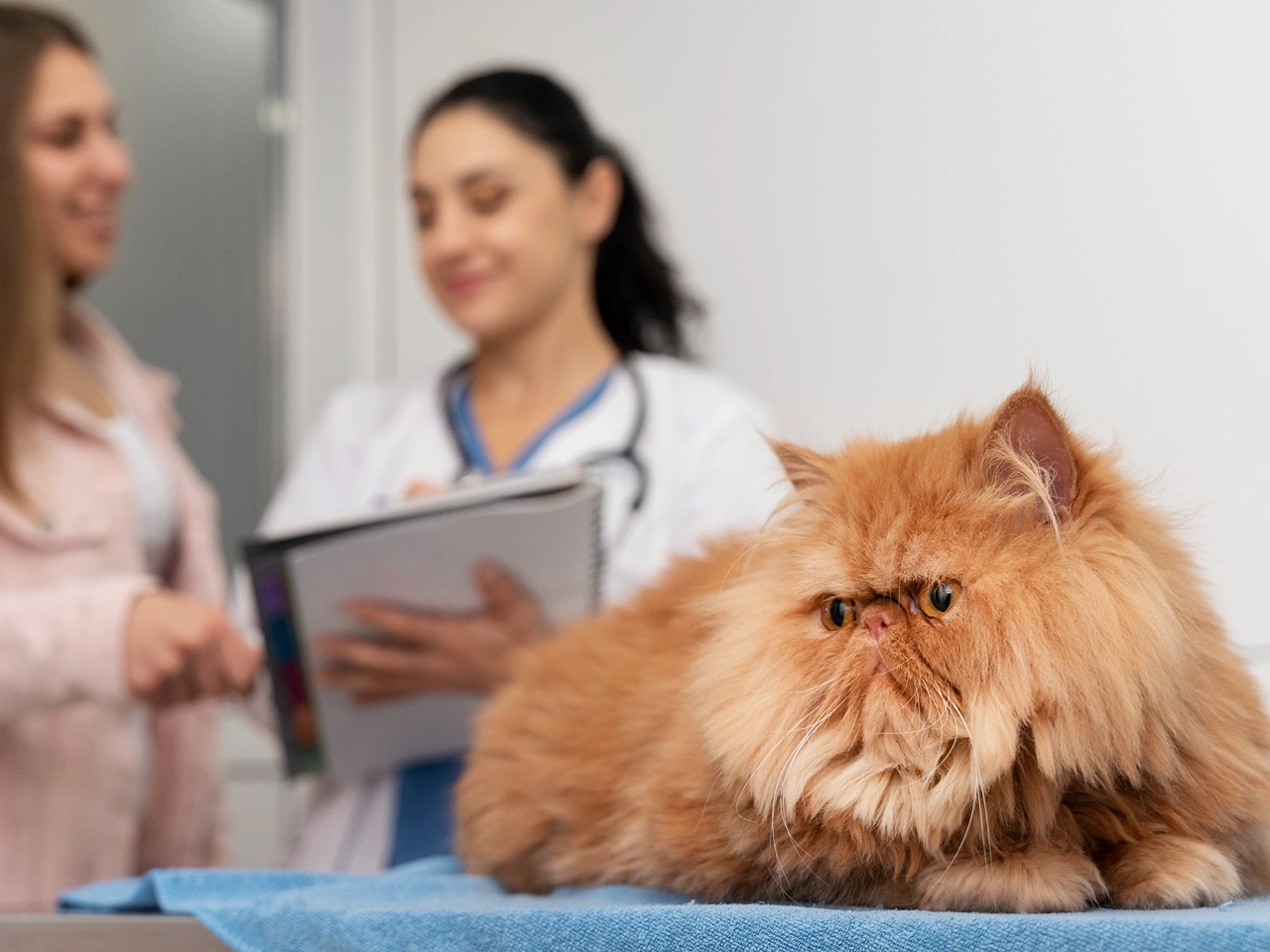
Vaccination schedules aren’t the same for every cat. Your veterinarian can create a plan based on your cat’s age, lifestyle, and health. Even indoor cats need core vaccines because some viral diseases can be carried by an infected animal or visiting pet.
1. Assessing Your Cat’s Needs
Every cat is different, and the vaccines they need may vary depending on age, health, and exposure risk.
- Veterinarians decide which vaccines are best based on your cat’s environment and lifestyle.
- Schedules can be adjusted if your cat has existing health issues or previous vaccinations.
- Some non-core vaccines may be added or skipped depending on your cat’s individual risk.
2. Core vs. Non-Core Vaccines
Core vaccines protect all cats, while non-core vaccines are given based on risk.
- Core vaccines like FVRCP and rabies are recommended for every cat.
- Non-core vaccines, such as FeLV, FIV, or FIP, may be advised if your cat is at higher risk of exposure.
- Indoor cats may need fewer non-core vaccines, but boosters for core vaccines are still important.
3. Timing and Boosters
Your veterinarian will advise you on when to give vaccines and boosters for optimal defense.
- Kittens usually start core vaccines around 8 weeks, with boosters every few weeks until about 16 weeks of age.
- Adult and senior cats get booster shots as advised by the veterinarian to maintain their immunity and health.
- Schedules may be personalized to match the health and lifestyle of your cat.
4. Regular Check-ups
Even with a personalized vaccine schedule, regular veterinary consultations are still important.
- Check-ups let your vet review your cat’s vaccination schedule and overall health.
- Indoor cats should still be monitored for any potential exposure risks.
- Following a tailored schedule helps reduce risks while keeping your cat safe from contagious feline illnesses.
Tips for Keeping Your Cat Healthy Between Vaccinations
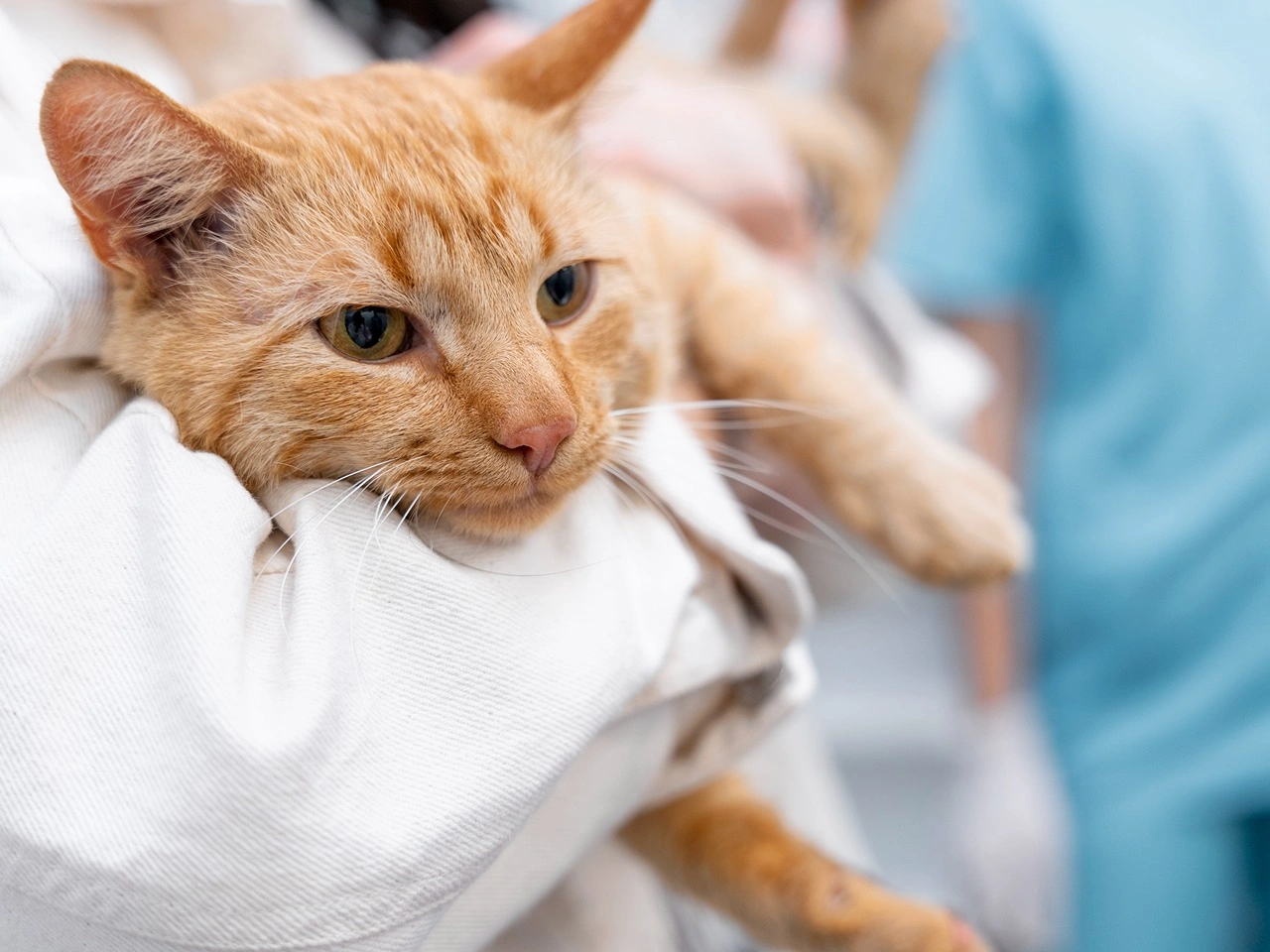
Even with the right and comprehensive vaccinations, cats still require constant care to stay healthy. Their general health still depends on their diet, the environment, and preventive care, even though these vaccinations may keep them from contracting illnesses. Following these simple tips between vaccinations can help your cat thrive.
1. Maintain a Healthy Diet and Weight
A good and balanced diet supports the immune system. Vaccines may protect cats against any viral diseases, but a healthy body fights infections better. Feeding high-quality food, avoiding overfeeding, and providing fresh water keep them strong and healthy.
2. Minimize Exposure to Infected Animals
Vaccines are effective, but cats can still encounter contagious feline illnesses. Reducing exposure lowers risks between booster vaccines. Keep your indoor cats inside, monitor outdoor cats, and isolate new cats until their vaccination status is confirmed.
3. Regular Veterinary Check-Ups
Regular visits to an animal hospital ensure vaccines are up to date and detect early signs of illness. Vaccines are generally safe, but your veterinarian can monitor for risks associated with vaccination. Annual exams and timely boosters keep your cat healthy.
4. Monitor for Signs of Illness
Even vaccinated, cats can still get mild infections, so it's important to closely monitor their health. With proper care and attention, mild issues can be avoided from becoming serious. Contact your veterinarian immediately once your cat shows respiratory problems, lethargy, or unusual behaviour.
Final Thoughts
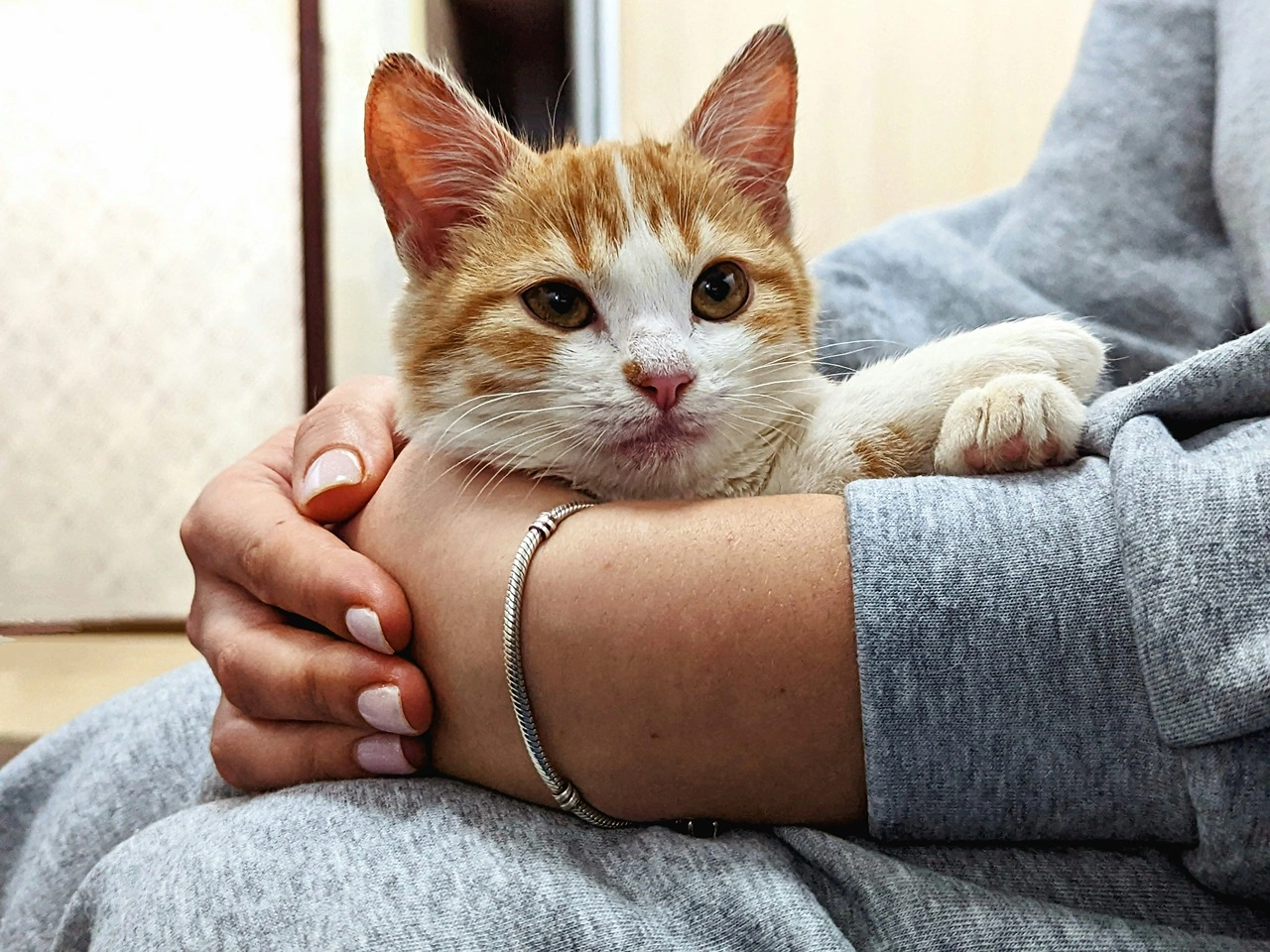
Keeping your cat up to date with vaccinations is one of the easiest ways to protect them from serious illnesses. Vaccinations provide essential protection for every cat, while additional vaccines may be recommended based on your cat’s lifestyle and risks.
Kittens, adult cats, and seniors all benefit from following a proper vaccine schedule with timely boosters. Working with a veterinarian ensures your cat gets the right vaccines at the right time while minimizing any risks.
Along with regular check-ups, a safe environment, and good nutrition, vaccinations help your cat stay healthy and protected throughout life. If you want guidance on the best vaccination plan for your cat, reach out to us or book an appointment with our team today.
Frequently Asked Questions
When should I vaccinate my kitten or adult cat for the first time?
Vaccinating your cat at the right age is key to keeping them healthy and protected from serious illnesses.
Kittens: Most kittens start their vaccines around 8 weeks old and continue every few weeks until about 16 weeks to build strong immunity.
Adult cats: Cats that missed earlier vaccinations will need a catch-up plan with core vaccines followed by boosters to stay fully protected.
Veterinarian guidance: Your vet can recommend which vaccines are needed and the best timing based on your cat’s age, health, and lifestyle.
Lifestyle factors: Cats that go outside or live with other cats may need extra vaccines or adjusted timing to stay safe.
How do core cat vaccines differ from non-core vaccines?
Not all vaccines are the same—some are essential for every cat, while others depend on lifestyle and risk.
Core vaccines: Recommended for all cats, they protect against the most common and serious viral illnesses.
Non-core vaccines: Given only if your cat has higher exposure risks, like going outdoors or living with multiple cats.
Veterinary assessment: A vet can review your cat’s lifestyle, age, and health to decide which vaccines are truly necessary.
What happens if a cat misses a booster shot in its vaccine schedule?
Missing a booster can weaken immunity and leave your cat vulnerable to preventable diseases.
Weakened protection: Without boosters, a cat’s immunity may drop, increasing the risk of illness.
Catch-up schedule: A veterinarian can create a safe plan to get your cat back on track.
Ongoing health: Staying on schedule helps maintain your cat’s health throughout their life.
Monitoring: Your vet may suggest extra check-ins if boosters are missed to ensure your cat remains protected.
Are there risks or side effects associated with cat vaccinations?
Vaccines are generally safe, though some cats may experience mild, short-term reactions.
Common reactions: Temporary soreness at the injection site, mild tiredness, or a low-grade fever.
Less common reactions: Occasionally, cats may have mild digestive upset or slight swelling.
Veterinarian support: Your vet can guide you on what to expect and advise if any reaction needs attention.
How can a veterinarian help determine the right vaccination plan for my pet?
A veterinarian can create a vaccination plan tailored to your cat’s age, health, and lifestyle.
Assessment: Vets review which core and non-core vaccines are needed for your cat.
Scheduling: They set the timing for initial vaccines and boosters to make sure immunity stays strong.
Ongoing monitoring: Regular check-ups allow your vet to adjust the plan and keep your cat healthy over time.
Adjustments for seniors: Older cats may need different timing or optional vaccines depending on health and activity.

